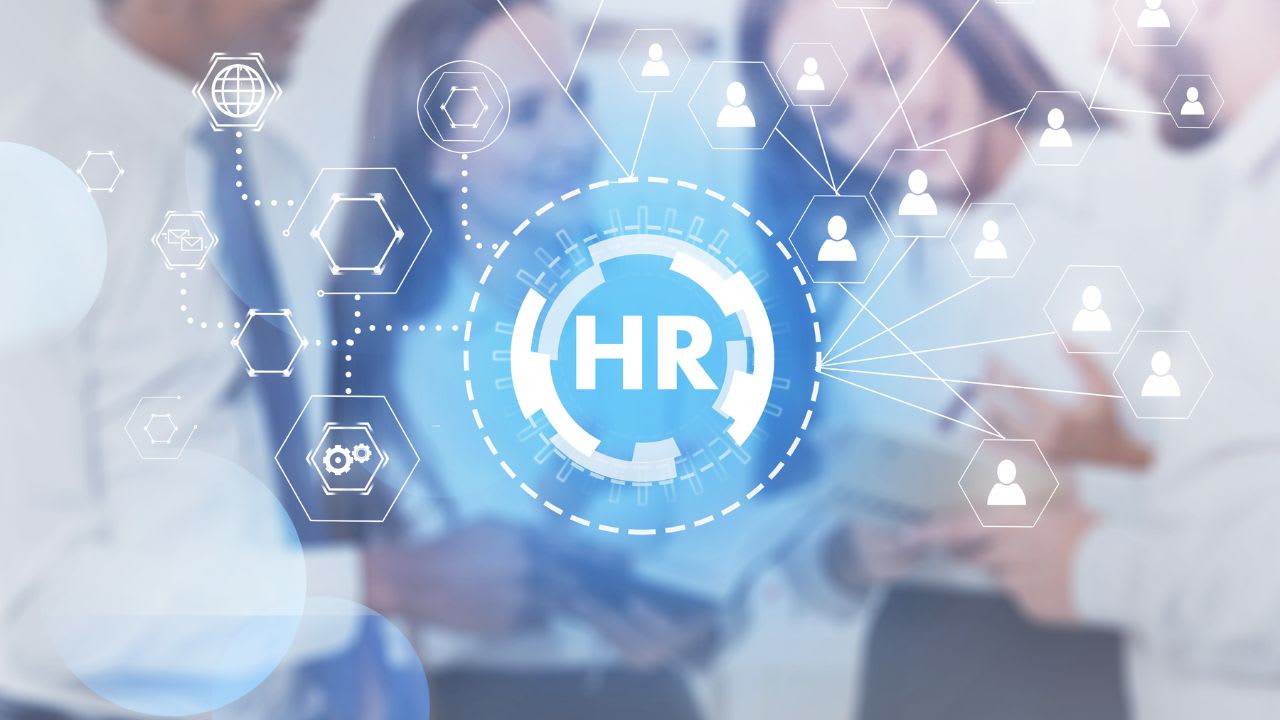
The adoption of artificial intelligence (AI) in the human resources (HR) sector offers a myriad of benefits and challenges. On one hand, AI technologies can streamline and automate various HR processes, leading to increased efficiency, accuracy, and cost-effectiveness.
AI-driven tools can facilitate tasks such as candidate sourcing and screening, performance evaluation, and workforce planning, ultimately enabling HR professionals to focus on strategic initiatives and employee engagement.
Paychex, Inc.’s latest study delves into the benefits and challenges of artificial intelligence (AI) adoption in the human resources (HR) sector, shedding light on divergent perspectives between HR professionals and employees regarding its usage and efficacy.
Titled “Balancing Tech and Touch in Human Resources,” the report in the 2024 Pulse of HR series found that while 41% of surveyed employees prefer less AI involvement in their company’s HR processes, over half are satisfied with the current (39%) or increased (20%) integration of AI.
Among HR professionals surveyed, 85% acknowledge AI’s utility in providing data and analytics, with 79% endorsing its role in mitigating bias. A survey conducted among 325 HR professionals in organisations with 20 or more employees, along with 1,017 employees, revealed that HR professionals leveraging AI are reclaiming nearly a full workday each week, amounting to 7.5 hours.
Furthermore, over half (56%) of respondents noted that AI expedites employee recruitment and screening processes. Moreover, HR professionals identified the top three areas where AI could have the most transformative impact:
- Analytics and data management (58%)
- Talent acquisition (46%)
- Onboarding/offboarding processes (43%)
“Our survey found that over half (56%) of HR professionals are already using AI in their role today and I expect that number to increase over time. Knowing these important trends and leveraging the right tools and technologies is critical to our national team of more than 600 HR business partners at Paychex. We work with our customers every day to find a balance between realising operational efficiency and the human aspect of HR that employees clearly desire,” said Alison Stevens, senior director of HR Services at Paychex.
“It’s clear there’s work to do before achieving an effective balance between HR departments and employees when it comes to artificial intelligence. Transparency will be key, as well as maintaining balance with human interactions. At Paychex, our HR business partners serve as advisors to customers, helping them to better understand and interpret data-driven insights, creating personalized responses to individual company and employee situations, and providing information on regulations that may impact their organisation,” ,” added Stevens.
HR vs Employee perspectives on AI adoption
While a majority of HR professionals have embraced AI to some extent, only 11% of employees perceive the process as transparent. Notably, 41% of employees express a preference for reduced AI involvement in HR decisions, while 39% find the current level appropriate, and 20% advocate for increased AI integration.
Conflict resolution and employee relations emerge as the top HR functions that employees believe should remain human-led, with 78% favouring this approach, followed closely by sensitive matters like layoffs or disciplinary actions, cited by 76% of respondents.
Furthermore, nearly one in four HR professionals anticipates AI becoming integral to their functions within the next five years. However, a significant majority of employees (71%) express discomfort with the prospect of AI-led HR departments, and 46% indicate they would contemplate leaving their company if AI replaced human-led HR teams.
